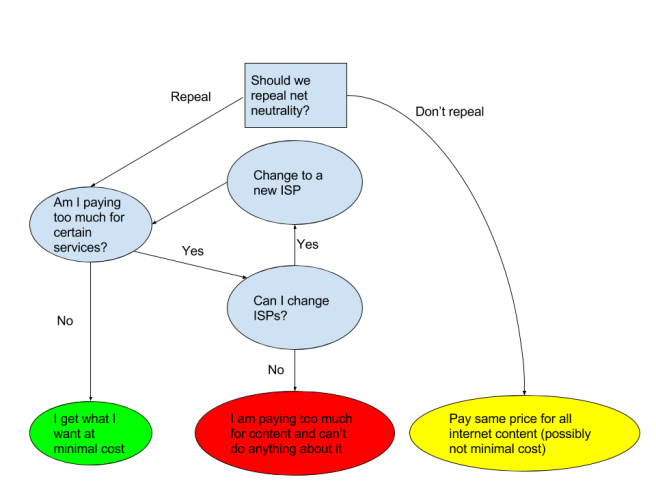Linus certainly did not expect the attention of the media thanks to his operating system. Yet he had to deal with multiple requests for interviews a day, offers for speaking at conferences, and desires for marketing moves such as Linux 1.0 and a mascot. As unaccustomed as he was to these important aspects of having developed an internationally successful product, he managed them rather well. His speeches weren’t the best, but he was not as unusual as some hackers that the media present. For public relations, “Others volunteered to pick up the torch. This was pretty much how Linux itself was done – and somehow, it actually worked.” The nature of open source itself patched up the imperfections in the creator of Linux. For everything he could not do, some Linux contributor could and would.
I can really relate to how much Linus is less interested in money than many of the people he encountered as he grew more successful. Money is worthless unless it is spent on something worthwhile, and Linus often valued his personal life and ethic over money. He truly understood who he was, and that gave him the power to avoid selling out. When he met with Steve Jobs, he understood the difference between their goals. Linus just wanted to do what he enjoyed and work with technology that he liked. Steve was more interested in his strategy for success and assumed that others would agree with the path that seemed best to him. Linus didn’t like Mach, so he didn’t want to work with Steve. Linus also disagreed with Bill Joy, who seemed to have a philosophy that too much change is a bad thing. Linus sees evolution in society and technology and believes those to be naturally inevitable. Also, he very much disliked Sun Microsystem’s license that Bill helped out with.
Linus took quite some time to become more like typical technological celebrities. Many were surprised about how he often answered his phone directly, and he tended to worry much about if he would have enough money to get by. But eventually, the greatness of Linux caught up with him, and he learned how to adjust. Linux succeeded because it was not greedy. It did not force people to use it one way or another. It gave people the option to use as much or as little of it as they wanted. Because of this flexibility, it was easy to adapt to any situation the user needed. “[Linux] flows into anything that’s interested. Linux doesn’t have just one niche. It’s small and flexible and finds its way into many places.” This philosophy mirrors that of the hacker ethic. The only thing that really matters is that the technology is as useful for as many people as possible, and the programmers enjoy making it. Linus did not want his operating system to compete with others in the sense that he did not want them to fail so he could succeed more. He knew that Linux was not the operating system for every situation, and this gave him the competitive edge. Thus, the hackers in the bazaar naturally make the best product for hackers, and while not all people are hackers, there are enough to push a hacker like Linus into celebrity status.
